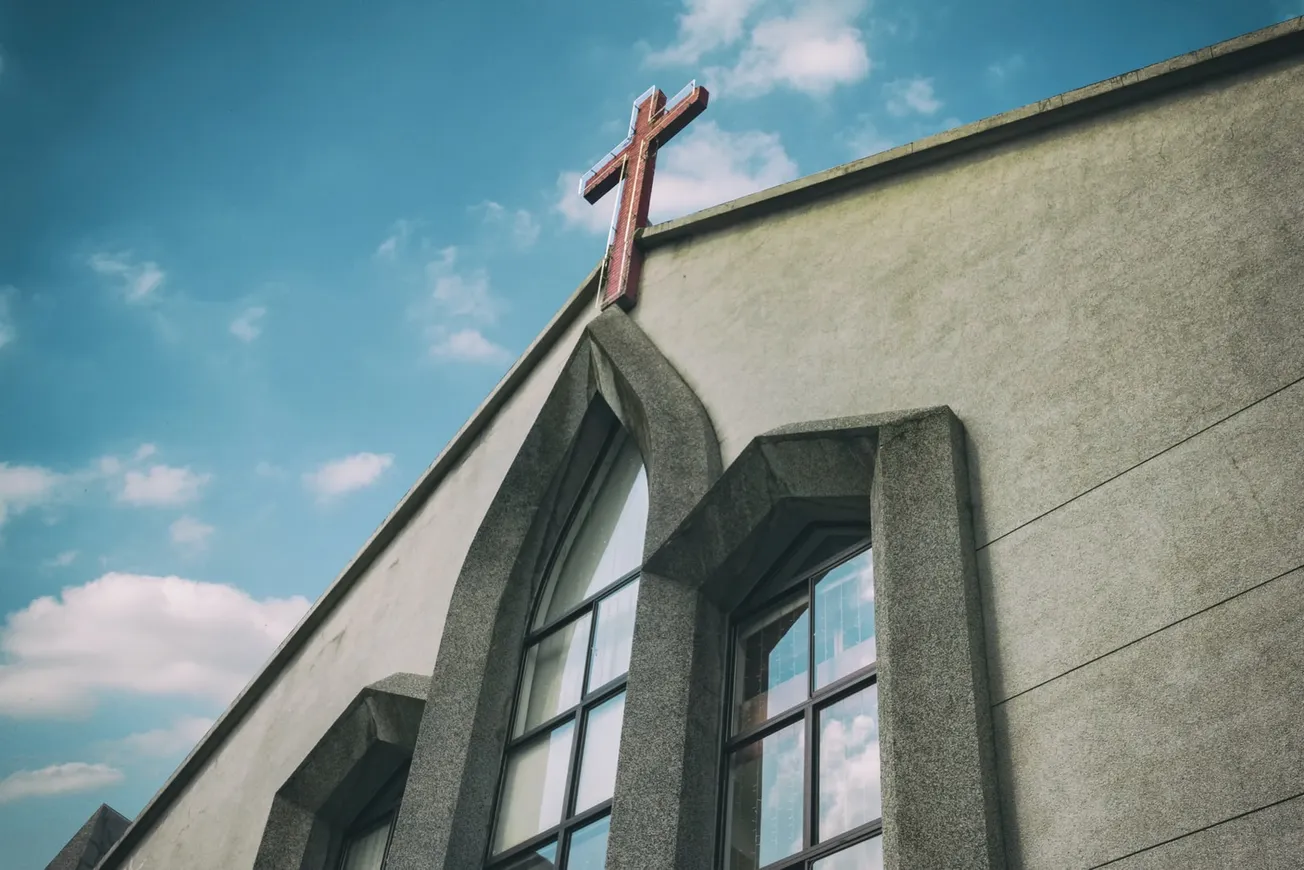Table of Contents
Brownstone Institute
The Brownstone Institute for Social and Economic Research is a nonprofit organization conceived of in May 2021 in support of a society that minimizes the role of violence in public life.
Just how untethered to the rule of law did the United States come during the Covid response?
Before March 2020, most Americans would think that monitoring church attendance, banning Easter services, and arresting hymn singers were practices reserved for Eastern-style totalitarianism. The Soviet Union persecuted Christians and the Chinese have Muslim concentration camps, but Americans’ freedom of worship is enshrined in the Bill of Rights.
The free exercise of religion precedes all other liberties in the First Amendment. It was born of a core conviction that the New World could do it better than the Old World of religious wars and persecution. Freedom, the Founders believed, would not diminish religious experience but rather bolster it through toleration and peace. This was a radical conviction at the time, a dramatic departure from centuries and millennia of costly struggle.
The government guaranteed everyone’s religious liberty. And the system worked. Religious conviction did not diminish but rather intensified throughout the 19th century. Most governments in the world followed similar guarantees never to interfere with religious practice. Even in the 21st century, when the country, in general, had become increasingly secular, few could imagine that political leaders would launch a crusade against organized religion.
Yet that’s exactly what happened. As the Covid creed emerged as the national faith, the American tradition of religious pluralism withered away. Freedom of worship was replaced by widespread demands for conformity.
This wasn’t limited to the devoutly godless shores of Marin County or East Hampton. Christians in Idaho recently reached a $300,000 settlement with a local city after they were arrested for attending outdoor church services in September 2020. Christ Church Pastor Ben Zornes organized the worship. “We were just singing songs,” he explained at the time.
The local police chief had no patience for the violation of Corona law. “At some point in time you have to enforce,” he told the press after arresting attendees at the “psalm sing.”
But did they have to enforce the orders? Was arresting Christians legally required, or was it an explicit violation of the First Amendment?
The arrested worshippers sued the city for the violations of their constitutional rights. In February, US District Judge Morrison England Jr. denied the city’s motion to dismiss.
“Somehow, every single official involved overlooked the exclusionary language [of constitutionally protected behaviour] in the Ordinance,” Judge England wrote. “The Plaintiffs should never have been arrested in the first place.”
The obviousness of that statement – worshippers should never have been arrested for singing outdoors – reveals the intensity of the secular fervour that swept the country.
Covid not only supplanted organized religion, it usurped the United States Constitution. Politicians and jurists invented a pandemic exception for American liberties. Citizens suddenly lost their rights to freedom of speech, freedom to travel, freedom from surveillance, and more. Religious groups suffered ongoing targeting.
In New York, Governor Andrew Cuomo banned “drive-in” religious services. In California, the Santa Clara Health Department used GPS data to monitor attendance at a local church. In Kentucky, state police recorded congregants’ license plates and issued warnings for attending Easter service.
A thirst for power may explain the actions of governors and bureaucrats, but only madness can explain why policemen arrested worshippers and how neighbours called authorities on fellow Christians to report their insubordination.
“Mass formation is, in essence, a kind of group hypnosis that destroys individuals’ ethical self-awareness and robs them of their ability to think critically,” Mattias Desmet writes in The Psychology of Totalitarianism. “The message is clear: the individual must at all times show that he submits to the interest of the collective, by performing self-destructive, symbolic (ritualistic) behaviours.”
And as the group lost its ability to think critically, Christians in this case lost their right to worship. So too did Jews, Muslims, and every other person of faith that gathered with others in prayer and praise.
The rule of law gave way to the capricious whims of panic. Governors and mayors embraced new powers to control their citizens. The Covid creed emerged and divided society between the heretics and the obedient, the lepers and the cleansed, the sinners and the saints.
The case in Idaho allows us to reflect on two things. First, the case shows how fear and hysteria led Americans to abandon their ethical self-awareness and capacity for critical thinking. Second, it offers a glimmer of hope that we can create accountability and demand justice for the campaign against human liberty.









